How likely is a nuclear war?
UN disarmament director says risk of global conflict now highest since Second World War

A free daily email with the biggest news stories of the day – and the best features from TheWeek.com
You are now subscribed
Your newsletter sign-up was successful
The world is closer to nuclear war now than at any other time since the end of the Second World War, the head of the United Nations’ Institute for Disarmament Research (UNIDIR) has warned.
Renata Dwan told reporters in Geneva that the threat of a global nuclear conflict is an “urgent” issue, with traditional arms control arrangements being eroded and disarmament talks in stalemate, Reuters reports.
Noting that 122 nations have signed a UN treaty to ban nuclear weapons, she said: “I think that it’s genuinely a call to recognise - and this has been somewhat missing in the media coverage of the issues - that the risks of nuclear war are particularly high now, and the risks of the use of nuclear weapons... are higher now than at any time since the Second World War.”
The Week
Escape your echo chamber. Get the facts behind the news, plus analysis from multiple perspectives.

Sign up for The Week's Free Newsletters
From our morning news briefing to a weekly Good News Newsletter, get the best of The Week delivered directly to your inbox.
From our morning news briefing to a weekly Good News Newsletter, get the best of The Week delivered directly to your inbox.
The arms-control landscape is changing, partly owing to strategic competition between the US and China, and all states with nuclear weapons have nuclear modernisation programmes under way, Dwan said.
Her message underlines the growing concern among experts and leaders about the threats posed by the nuclear-arms race.
“Last year, it seemed a nuclear conflict between the US and North Korea was on the horizon,” says Vox. “India and Pakistan, two nuclear-armed enemies, could restart their decades-long squabble at any time. And the US and Russia - the world’s foremost nuclear powers - have had warheads pointed at each other since the earliest days of the Cold War.”
However, sceptics point out that it has been more than 70 years since the last and only instance of nuclear weapons being used in the course of warfare, when the US detonated atomic bombs over the Japanese cities of Hiroshima and Nagasaki.
A free daily email with the biggest news stories of the day – and the best features from TheWeek.com
So how just likely is a future nuclear war?
Which countries have nuclear weapons?
A total of nine countries worldwide possess nuclear weapons. Five of these nations - the US, UK, Russia, France and China - “are members of the official owners club, who made their weapons early and had them legitimised in the Nuclear Non-Proliferation Treaty (NPT) signed in 1968, the key piece of international law governing nuclear weapons possession”, reports The Guardian.
The other four - Israel, India, Pakistan and China - ignored the NPT and made their own weapons.
These nine countries “own the entirety of the roughly 14,500 nuclear weapons on Earth”, says Vox - a worryingly high total, though still far fewer than the estimated peak of 70,300 in 1986.
Much has been made of the possibility of Iran also developing its nuclear capabilities, amid Tehran’s ongoing stand-off with the US. Indeed, Iran has reportedly told its proxies to prepare for war and indicated that it may soon restart some activities related to its nuclear programme.
With fears growing about just such a conflict, the Treaty on the Prohibition of Nuclear Weapons was passed at the UN, with a vote of 122 states in favour, in July 2017. The treaty has so far gathered 23 of the 50 ratifications that it needs to come into force, including from South Africa, Austria, Thailand, Vietnam and Mexico. It is strongly opposed by the US, Russia and the other states with nuclear arms.
What do other experts say?
Although most experts agree that the likelihood of a nuclear war remains slim, “the reason to pay attention to is that arms control - especially between the US and Russia - has broken down”, says Bloomberg.
“All signs point in the direction of a serious combined nuclear-conventional arms race in Europe,” Nikolai Sokov, a former Soviet and Russian arms negotiator, told the news site.
As Russia expands further into Europe and encroaches on Nato territory, there are even fears that President Vladimir Putin might authorise an invasion of a Baltic country that was formerly part of the Soviet Union. If that happens, “the US would be treaty-bound to defend the Baltic country, almost assuredly setting up a shooting war with Moscow”, says Vox.
In that scenario, the perceived wisdom in the US is that Russia would “escalate to deescalate”, a term to describe bloodying the nose of the West without provoking a massive nuclear counterpunch.
Such sabre-rattling has been exhibited by Pakistan and North Korea. The two countries “have engaged in coercive and violent provocations, calculating that their larger rivals would concede rather than risk escalation that could lead to nuclear use”, according to a 2014 analysis by US-based research group CNA.
In an article on foreign policy analysis site War on the Rocks, Olga Oliker and Andrey Baklitskiy, experts on Russia’s nuclear strategy, write that Moscow’s “military doctrine clearly states that nuclear weapons will be used only in response to an adversary using nuclear or other weapons of mass destruction”.
Despite trying to edge the US military out of its growing sphere of influence in Asia, China also has a “no-first-use” policy when it comes to their nuclear arsenal. India is the same. In fact, the only country among the original NPT members that doesn’t is the US.
As such, much depends on the actions of the Donald Trump administration. A poll last year found that 52% of Americans were worried that their leader would launch a nuclear attack without reason.
Although “it appears that China will most likely continue to stick to its pledge of the no-first-use in the foreseeable future, the fate of the policy hinges, in a large part, on the evolution of China–US relations in the growing major power competition”, says Zhenqiang Pan in the Journal for Peace and Nuclear Disarmament.
But “sanity can prevail”, says Bloomberg, which concludes: “Arms control moves forward in response to public pressure, when humanity speaks louder than arms merchants and bellicose world leaders.”
-
 What is the endgame in the DHS shutdown?
What is the endgame in the DHS shutdown?Today’s Big Question Democrats want to rein in ICE’s immigration crackdown
-
 ‘Poor time management isn’t just an inconvenience’
‘Poor time management isn’t just an inconvenience’Instant Opinion Opinion, comment and editorials of the day
-
 Bad Bunny’s Super Bowl: A win for unity
Bad Bunny’s Super Bowl: A win for unityFeature The global superstar's halftime show was a celebration for everyone to enjoy
-
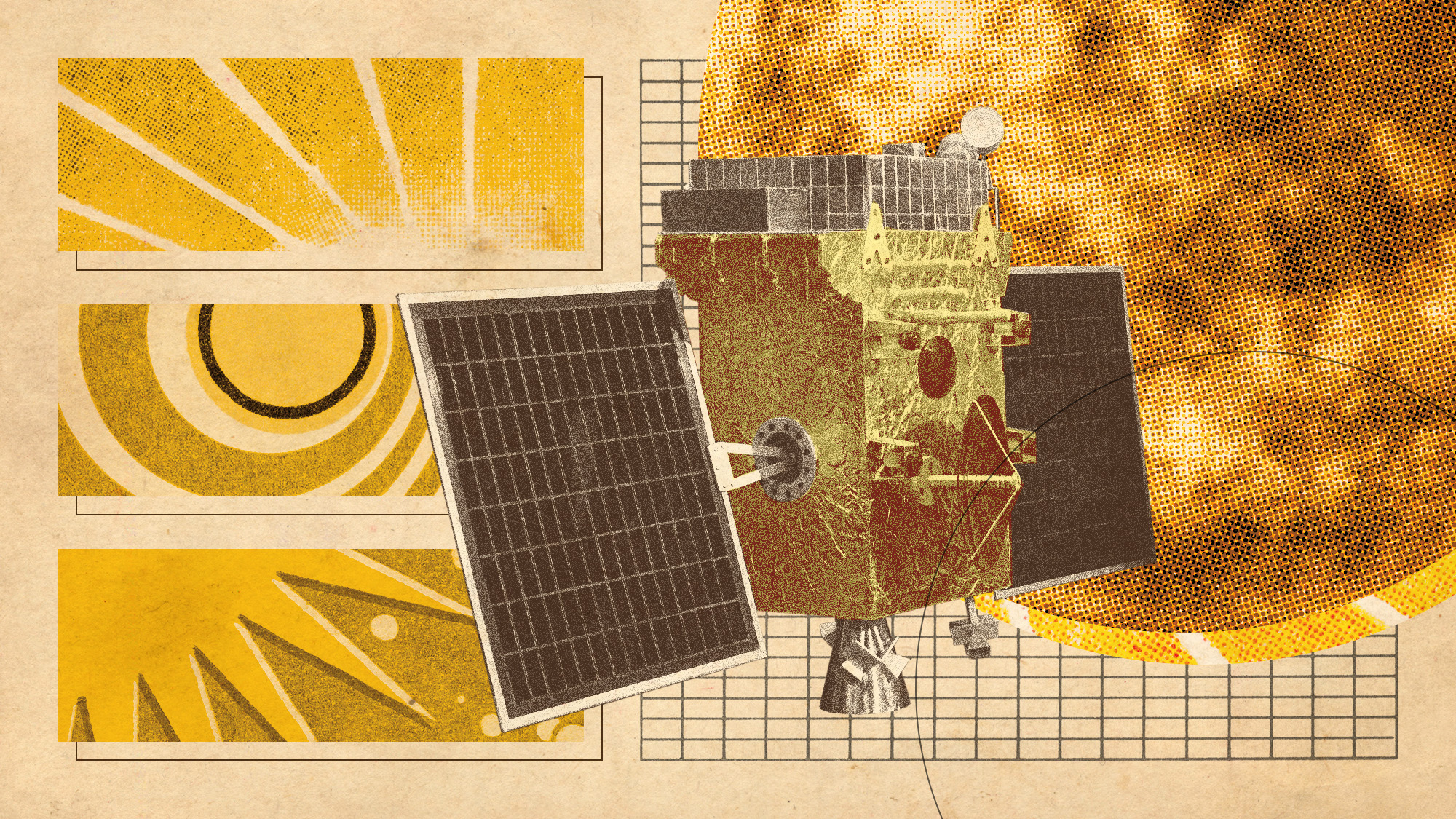 Indian space mission's moment in the Sun
Indian space mission's moment in the SunUnder the Radar Emerging space power's first solar mission could help keep Earth safe from Sun's 'fireballs'
-
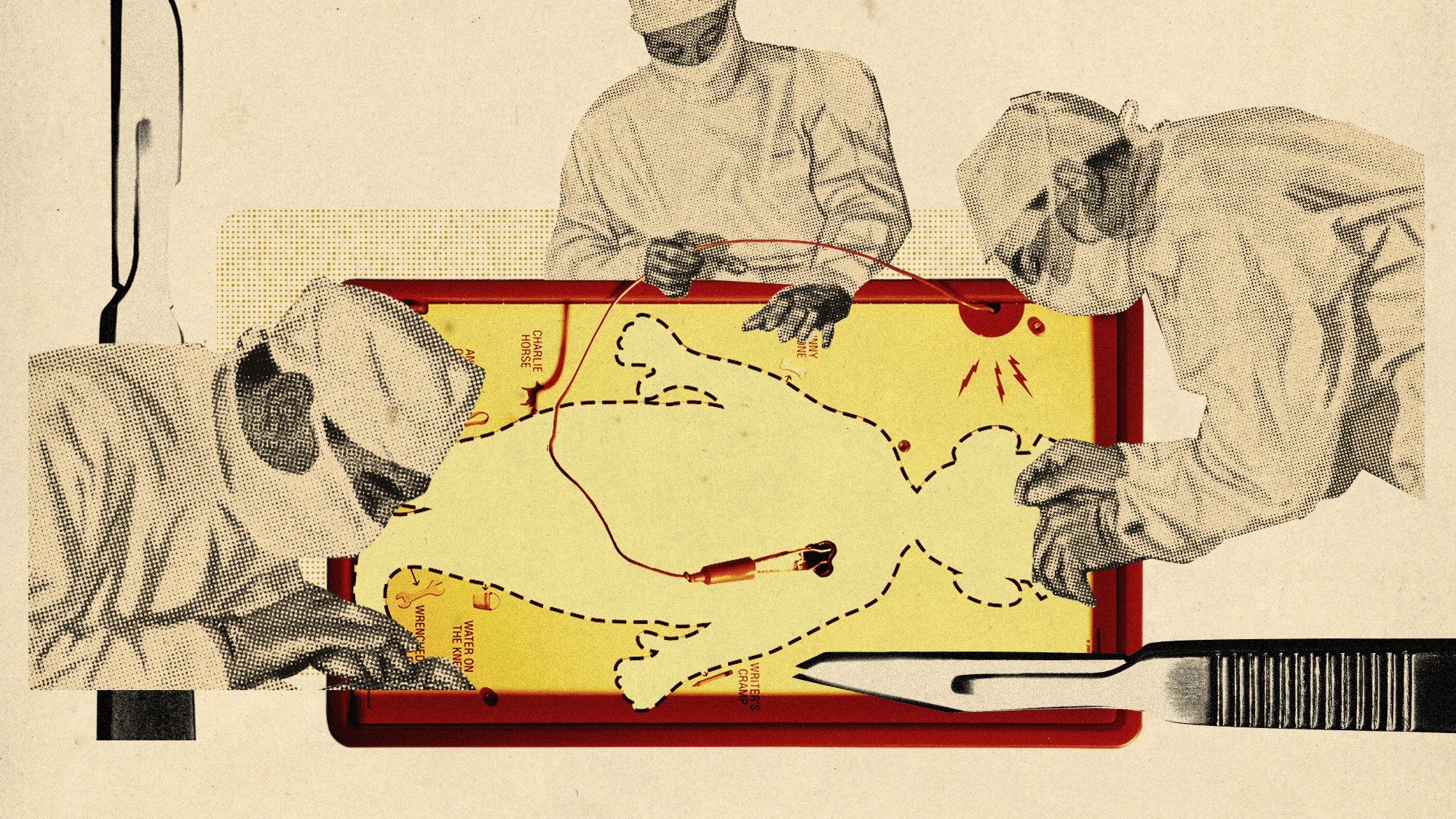 Why India's medical schools are running low on bodies
Why India's medical schools are running low on bodiesUnder The Radar A shortage of cadavers to train on is forcing institutions to go digital
-
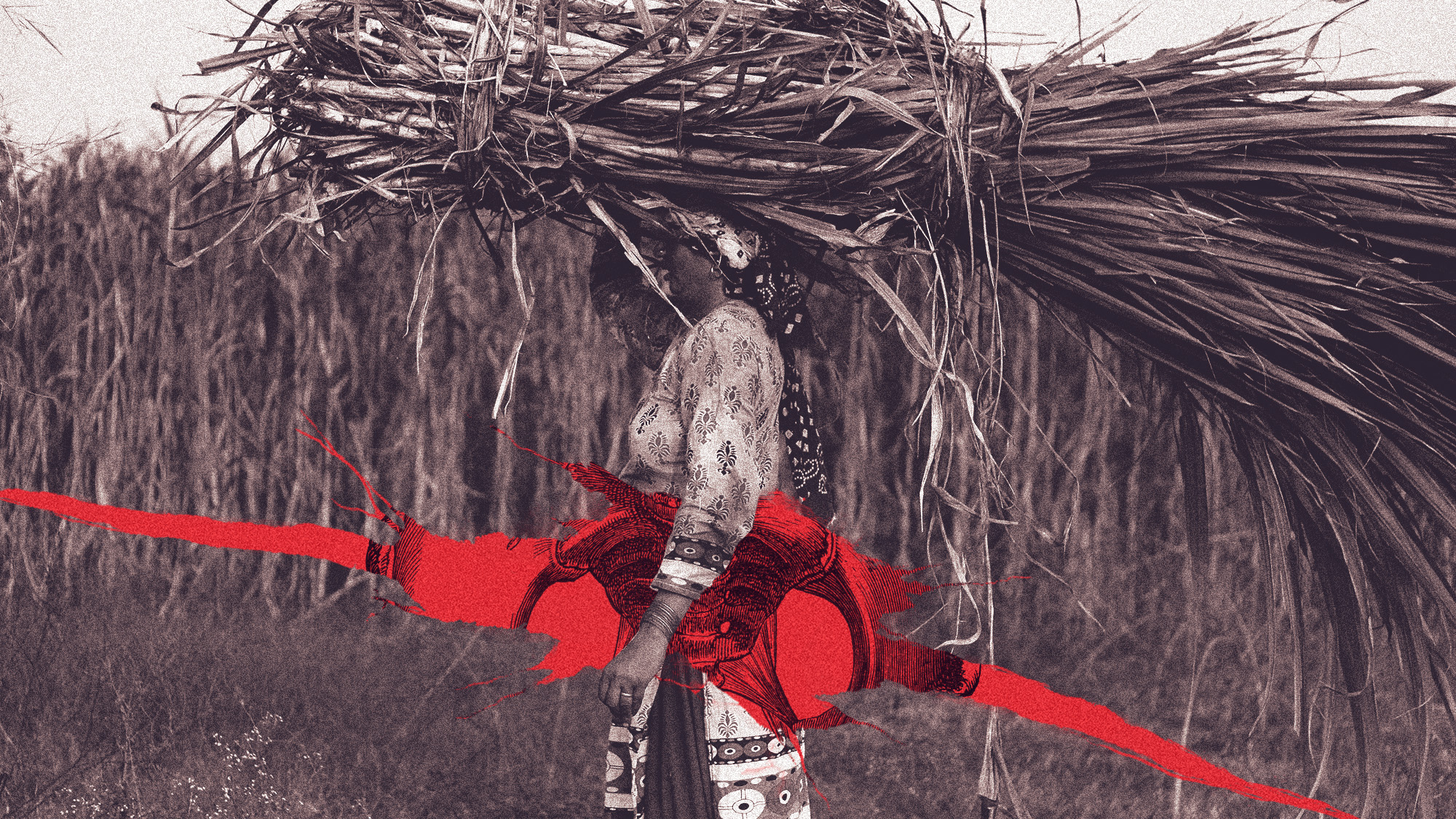 Climate change is driving Indian women to choose sterilization
Climate change is driving Indian women to choose sterilizationunder the radar Faced with losing their jobs, they are making a life-altering decision
-
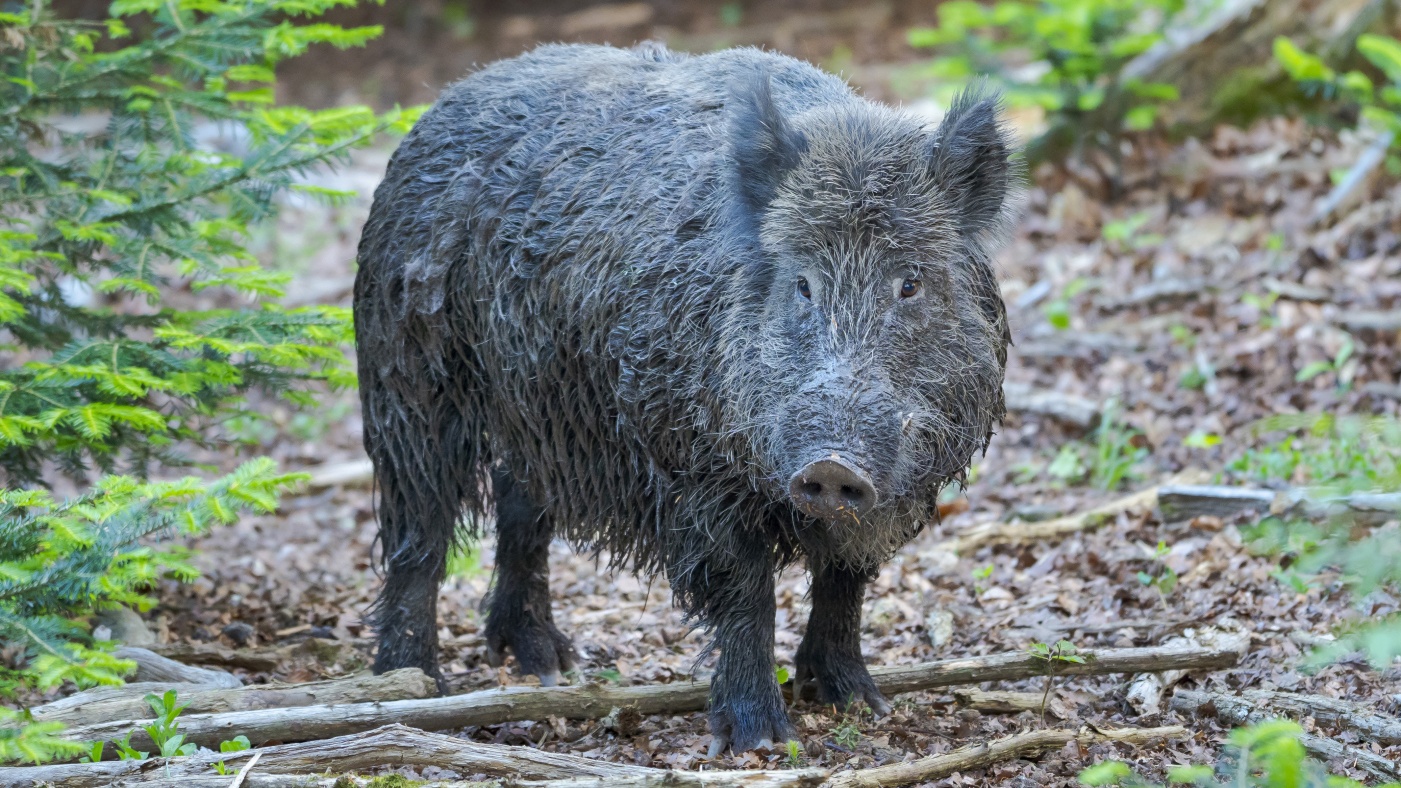 Wild boars in Europe can’t shake off their radioactivity
Wild boars in Europe can’t shake off their radioactivitySpeed Read Scientists think they may have solved a phenomenon known as the ‘wild boar paradox’
-
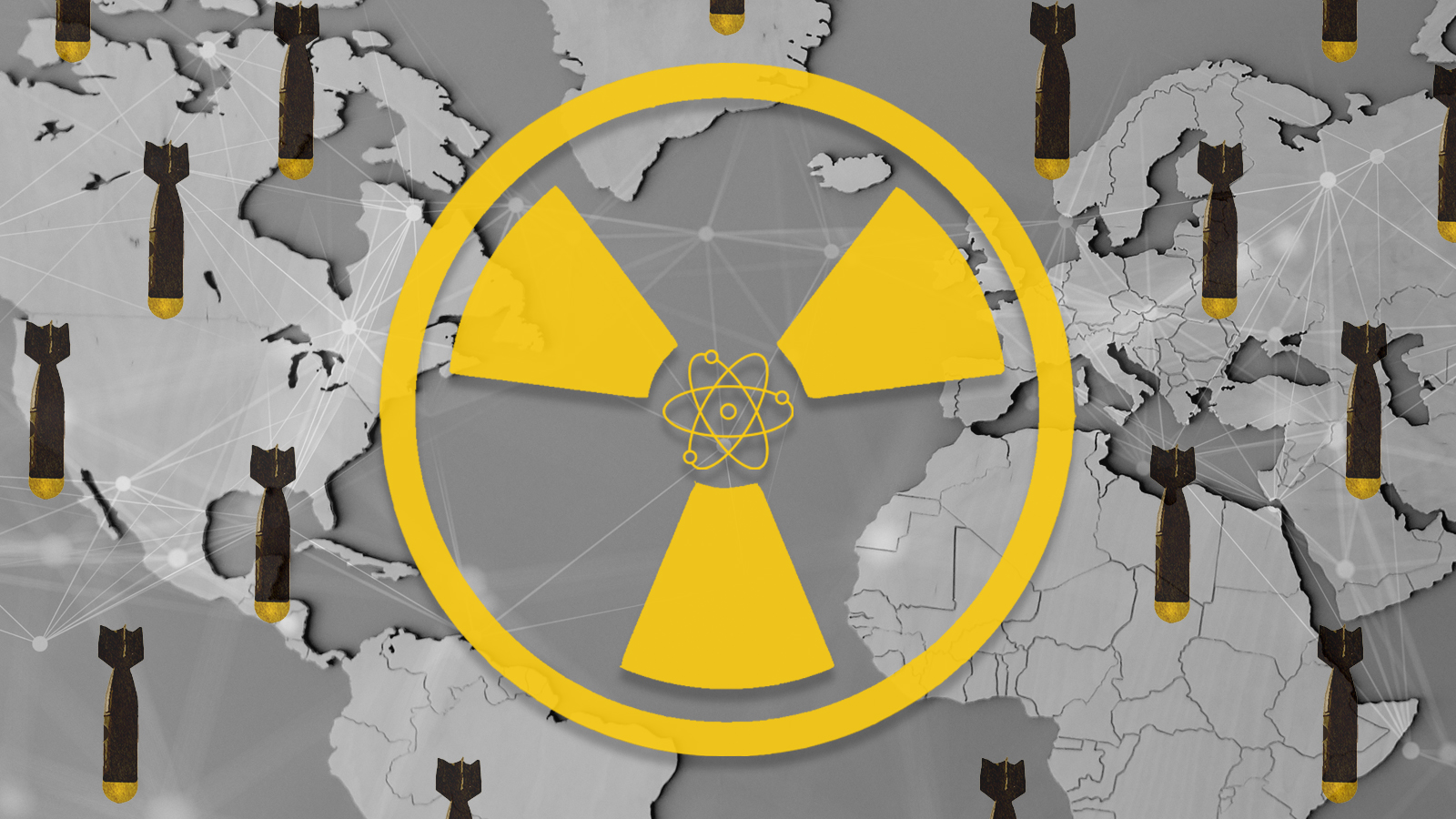 The science behind nuclear weapons
The science behind nuclear weaponsSpeed Read What makes them so deadly?
-
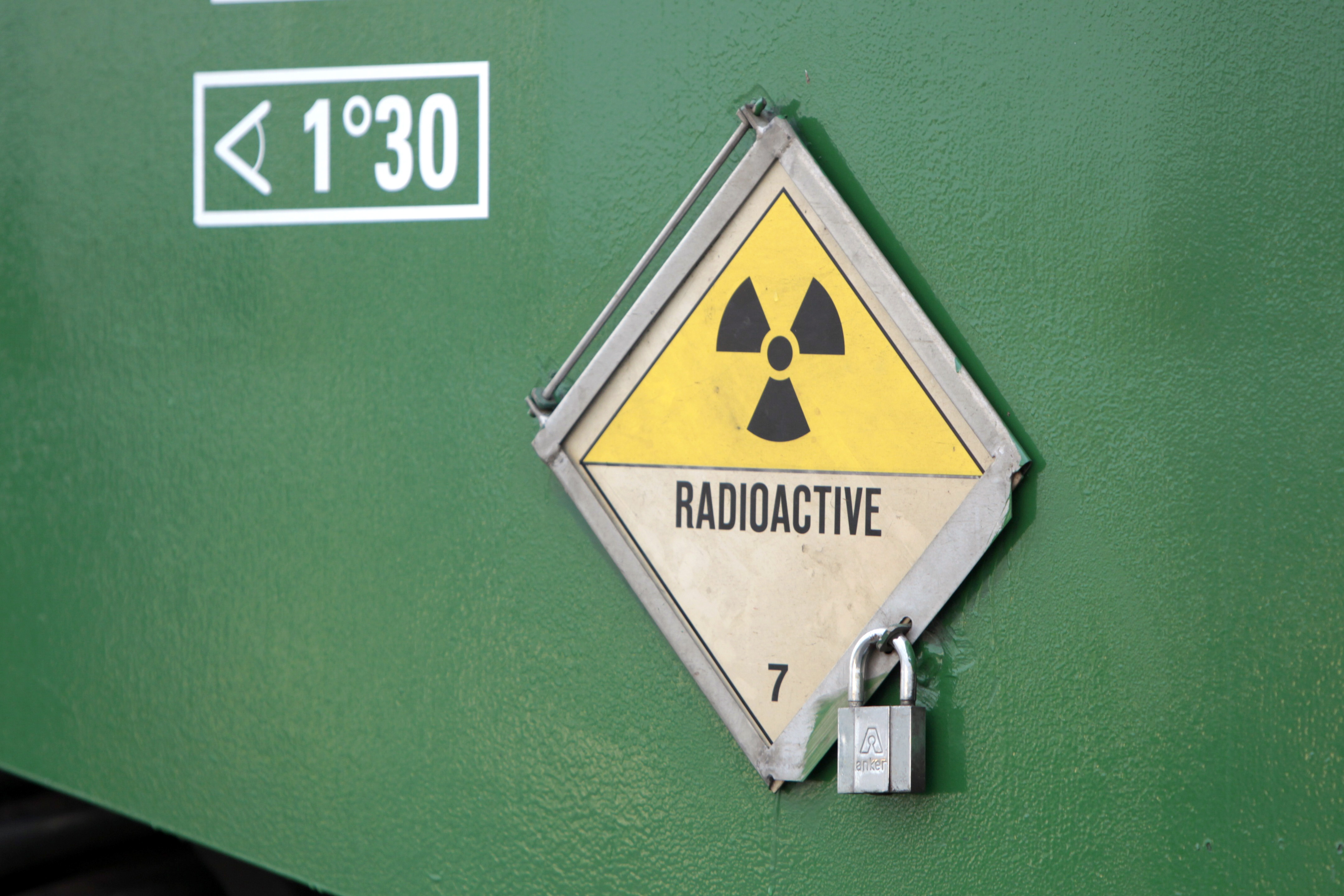 Radioactive waste found at elementary school near World War II nuclear facility
Radioactive waste found at elementary school near World War II nuclear facilitySpeed Read
-
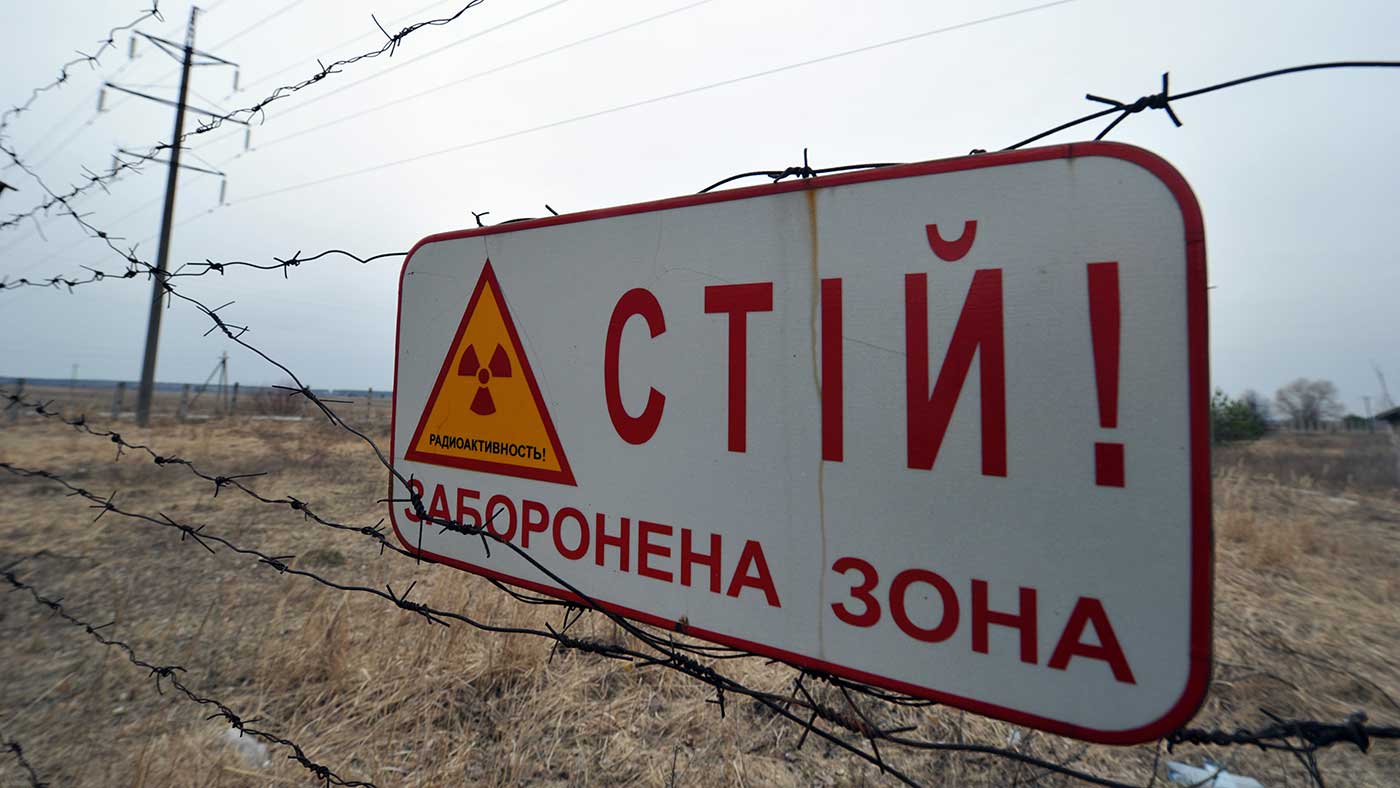 Is Russia tampering with nuclear radiation sensors?
Is Russia tampering with nuclear radiation sensors?In Depth Two global detection facilities shut down in the wake of the nearby nuclear accident in early August, prompting allegations of a cover-up
-
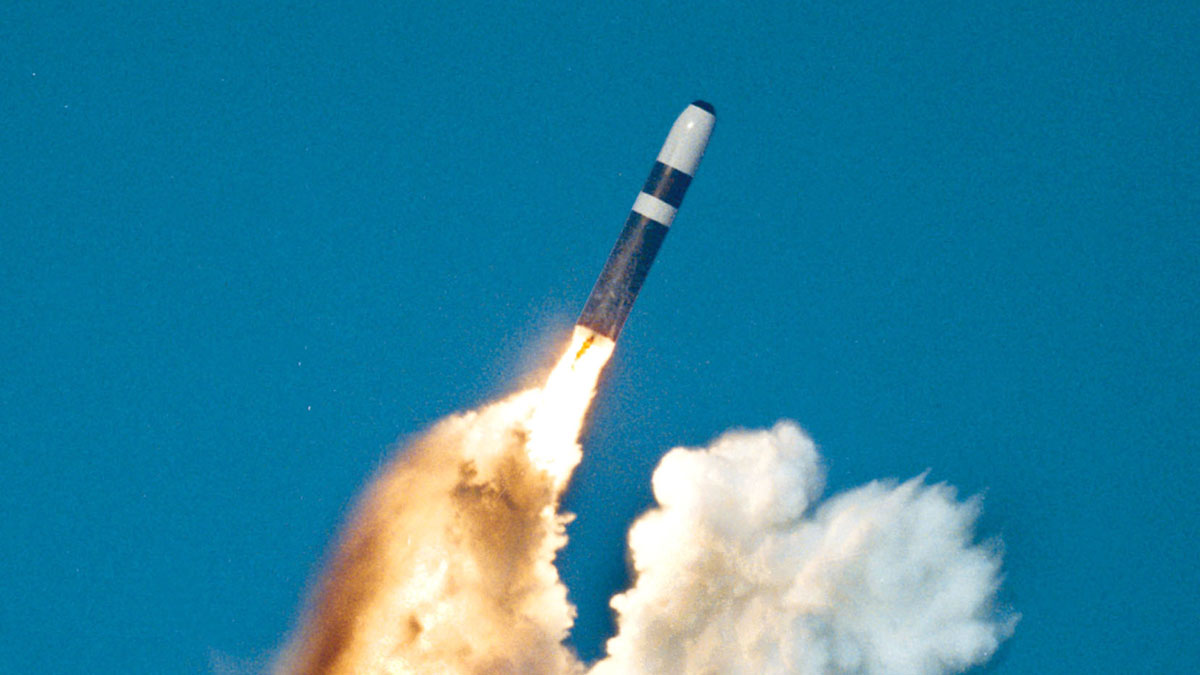 Nuclear weapons 'could be used to deflect asteroids'
Nuclear weapons 'could be used to deflect asteroids'Speed Read Russian scientists argue 1967 space ban may have to be lifted if the Earth is at risk from a major collision